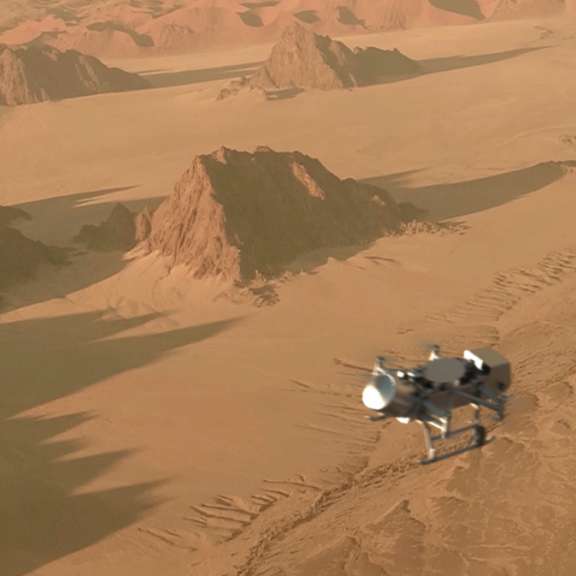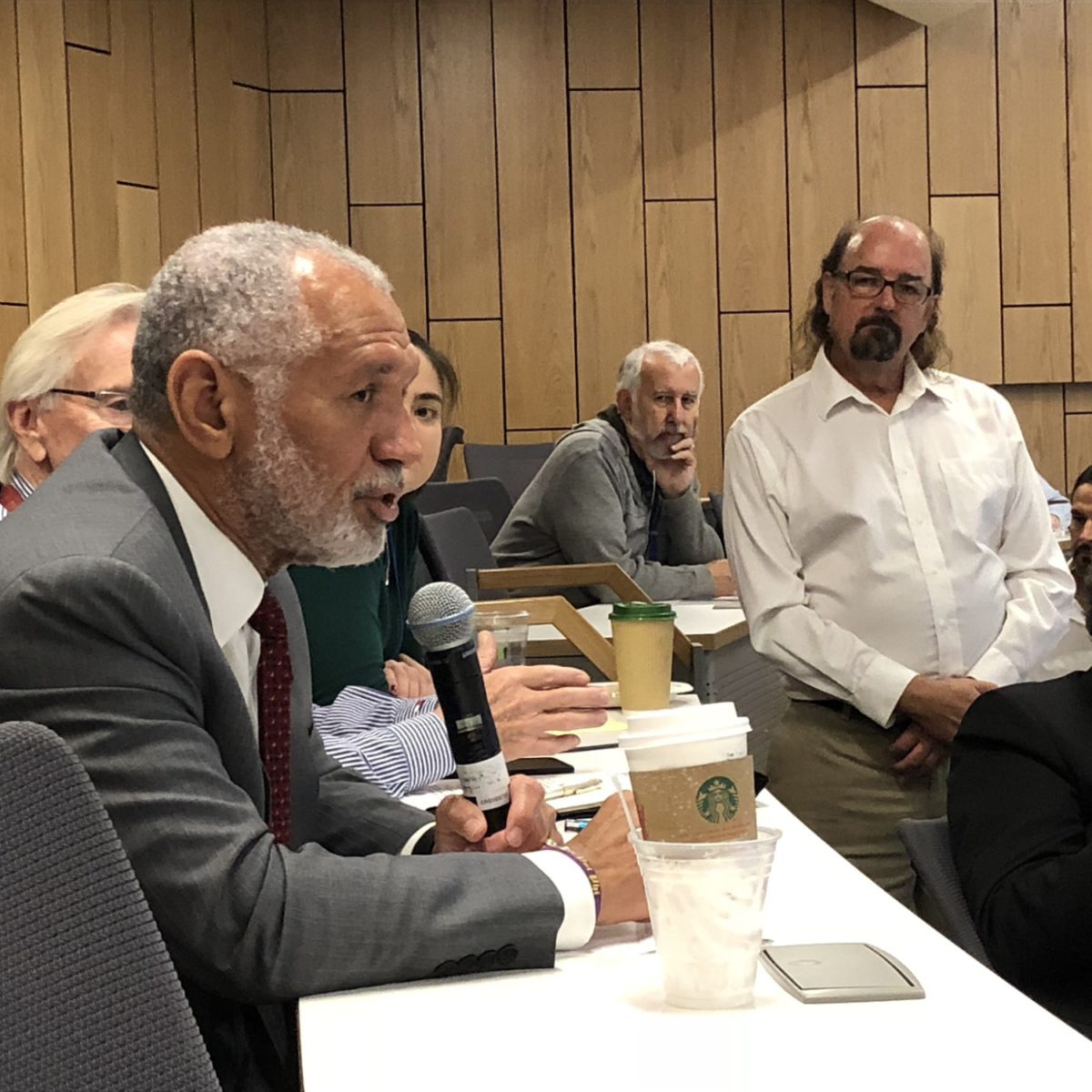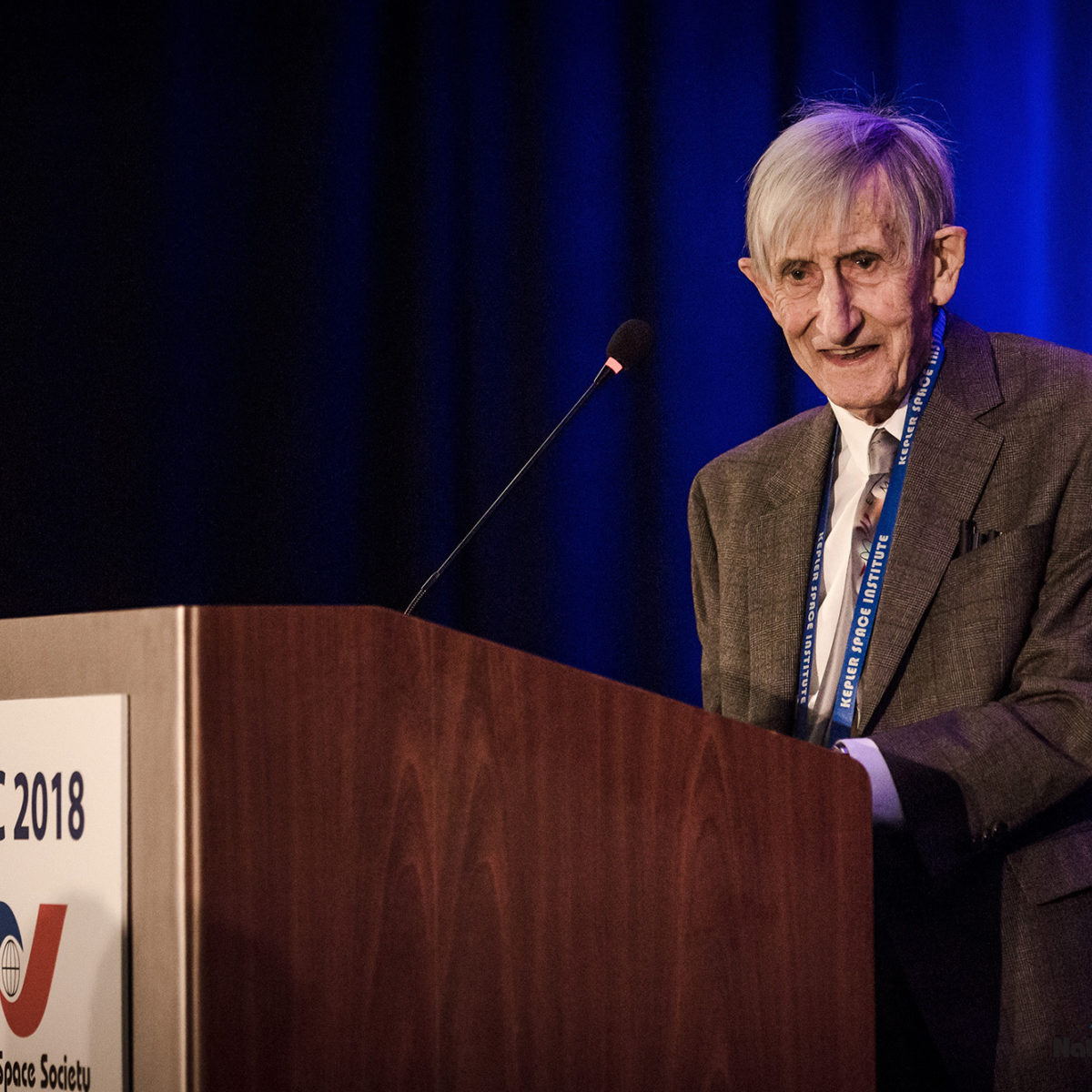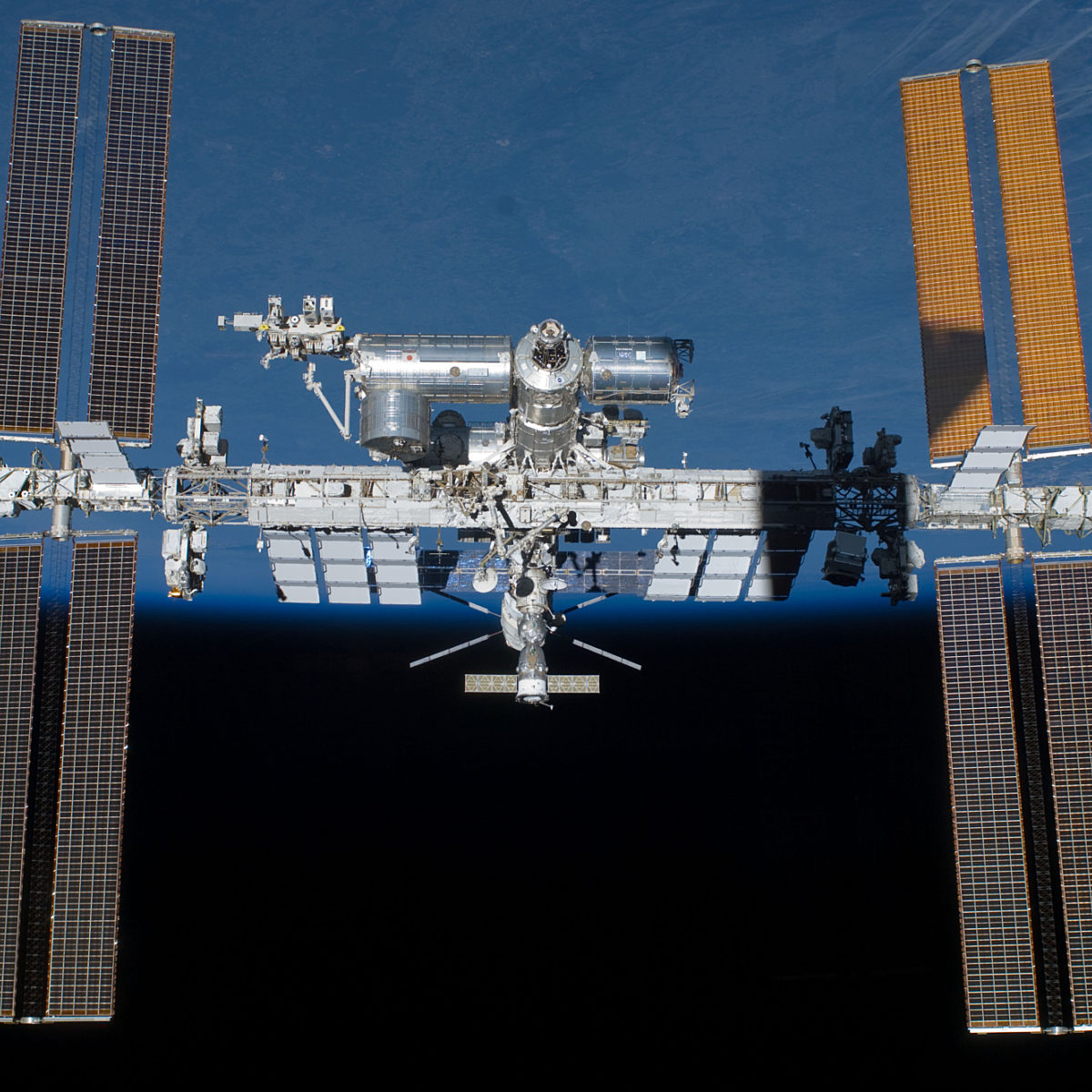Since 2002, Planetary Radio has visited with a scientist, engineer, project manager, advocate, or writer who provides a unique perspective on the quest for knowledge about our Solar System and beyond. The full show archive is available for free.
Search Planetary Radio
Planetary Radio Live goes on stage at the first ever Fairplex Extreme STEA2M Festival in Pomona, California. Host Mat Kaplan and Planetary Society CEO Bill Nye are joined by four young space scientists and engineers in front of hundreds of families.
The last few days have seen developments that will shape the space exploration plans of Canada and the USA. The Planetary Society’s Kate Howells is a member of Canada’s Space Advisory Board. She reviews the nation’s new space policy.
China's space program notched an impressive "first" last month when its Chang'e 4 spacecraft landed on the far side of the Moon. The U.S. space program, in contrast, was in the midst of an extended shutdown. Some observers expect China's growing space capability and lunar ambitions to trigger a new space race. Not Dr. Roger Handberg, Professor of Political Science at the University of Central Florida. He discusses how the current geopolitical situation differs from the Cold War standoff between two superpowers, and how we shouldn't expect dollars to flow back to the U.S. space program as a consequence of China's space successes. Cooperation, or even friendly competition, is a much more likely outcome than a new space race.
Astrobiology is the discipline that explores the origin of life in the universe, and whether life exists anywhere other than Earth. It’s an increasingly exciting field according to University of Washington Research Associate Michael Wong. Mike reviews the current thinking and provides some of the chemical basis for life as we know it, and possibly as we don’t know it.
In a government shutdown seemingly without end, we bring you two stories from individuals directly impacted by the crisis. NASA scientist and union representative Lee Stone discusses the missed paychecks, loss of science, and lasting negative consequences to the public sector scientific workforce.
magine soaring over what may be the solar system’s most Earth-like world, if you ignore the chill. If funded, the nuclear electric-powered Dragonfly will do exactly this. Principal Investigator Elizabeth “Zibi” Turtle shares her enthusiasm.
He led NASA for eight years, but not till he had flown on four Space Shuttle missions and enjoyed a long military career. Charlie Bolden talks with Mat about his time at the space agency and where we’re headed on the final frontier.
Canada was the third country in history to launch a satellite into space, but now lags in its space ambitions, capability, and spending. What happened?
The counting continues as we publish this month’s special episode, with a handful of seats in the US Senate and House still up for grabs. But with the Democratic takeover of the House assured, and several longtime space advocates turned out, change is certainly coming.
Happy 60th, NASA. In celebration of the space agency’s birthday, we do the audio equivalent of pulling out NASA’s baby book and explore its origin story.
A mostly SpaceX episode as the ambitious company provides updated details regarding its huge new rocket and introduces its first astronauts. Mat Kaplan shares more from the company’s headquarters, while Planetary Society Digital Editor explains and explores the BFR.
We talk with planetary scientist and Lunar and Planetary Institute Director Louise Prockter, who co-led creation of a new report evaluating the performance of NASA's planetary science division.
Mat Kaplan’s Huntsville, Alabama trip wraps up with a tour of the historic and history-making Marshall Space Flight Center. Join him at the control center for research underway on the International Space Station, under a tent where a critical component of the Space Launch System rocket is getting finishing touches, in a conversation about the Fermi spacecraft’s search for the universe’s biggest explosions, and with the Center’s Associate Director for Technical efforts.
The Senate just held a hearing on NASA's efforts to send humans to...Mars? A week later, the same committee advanced legislation to extend the life of the International Space Station to 2030, six years beyond the current end-date and two years beyond the current hardware safety ratings.
President Trump recently ordered the creation of Space Force—but what does that mean? What are the implications for militarization of space? National security expert Dr. Brian Weeden joins the show to explain the announcement.
Freeman Dyson wasn’t the only space star at the ISDC. Mat talks with former astronaut and NOAA Administrator Kathryn Sullivan, leaders of the Cassini mission, innovative students and an expert on dental care in space.
There’s so much more to Freeman Dyson than the Dyson Sphere. The mathematician, physicist, futurist and author is one of the greatest and most original minds of our era.
President Trump just signed a new space policy directive targeting the regulations surrounding commercial spaceflight. Casey Dreier, Jason Callahan, and Mat Kaplan dive into the implications of the new directive and what it means for the relationship between government and space. They also break down all of the good news in the House's new funding bill for NASA, and highlight NASA Administrator Jim Bridenstine's turnaround on climate change.
The great adventure awaits! Mat Kaplan hosts an entertaining panel discussion at the 2018 Humans to Mars Summit in Washington DC. Eight guests provide their diverse and inspiring reasons for humans to visit the Red Planet.
After announcing it intends to divest from the International Space Station in 2025, NASA quietly released a new report on its transition plans, laying out a series of principles that will set the future of U.S. astronauts in low-Earth orbit. Can a private entity really take over the space station? Where did this idea come from anyway?


 Explore Worlds
Explore Worlds Find Life
Find Life Defend Earth
Defend Earth


















